At the point when a 4-or 5-year-old is determined to have consideration shortfall/hyperactivity problem, the pediatrician should prescribe a particular treatment to work on guardians’ ability to deal with the youngster’s conduct. The treatment, called Parent Training in Behavior Management, is supported by logical proof that shows it’s the best beginning stage for treating small children with ADHD. The proof has driven the American Academy of Pediatrics to support the treatment in its clinical practice rules.
However, it’s not typically the principal treatment proposed to families, as indicated by Stanford Medicine concentrate on dependent on surveys of patient outlines that distributed as of late in JAMA Pediatrics.
Of 22,714 kids, ages 4 and 5, in the review, 192 had side effects of ADHD or a finding. The problem, portrayed by hyperactive, indiscreet, and scatterbrained conduct, was generally not analyzed before age 6. However, in the previous decade, specialists have added demonstrative rules for more youthful kids.
Rather than being alluded to for the suggested treatment, the most well-known treatment proposals, given to 41% of families, did not depend on logical proof, the scientists found.
“It amazed us that pediatricians are offering these kids a great deal of what we call normal variables medicines: Eat better, rest better, assume control over-the-counter enhancements, diminish screen time,” said lead concentrate on creator Yair Bannett, MD, a formative and social pediatrician at Stanford Children’s Health. Albeit these methodologies support kids’ overall wellbeing, there is no proof that they ease ADHD indications, he said.
Of the 192 kids distinguished in the review, 11% got the suggested first-line treatment – – family references for the social treatment – – while pediatricians momentarily depicted the treatment or gave leaflets about it, however no reference, to guardians of another 29% of kids.
Also, 17% of indicative kids were given drugs when they were 4 or 5 years of age. Over 70% of these kids didn’t have suggestions for social treatment archived in their clinical graphs. In spite of the fact that medicine might be suitable in uncommon cases, it’s not the most ideal beginning stage for most small children with ADHD, Bannett said, taking note of that earlier examination found that the conduct centered treatment turned out better for 4-and 5-year-olds than the medication regularly endorsed for little youngsters with ADHD, methylphenidate.
Educating progressed nurturing abilities
Kids are normally vivacious and, among preschoolers, wiggly conduct and limited ability to focus are ordinary. Yet, around 2% of 4-and 5-year-olds have hyperactive and careless practices that meddle with their lives to the point of justifying an ADHD determination.
The prescribed treatment reinforces guardians’ capacity to deal with and proactively guide their kid’s difficult practices.
“It’s not necessary to focus on encouraging you how to parent or believing you’re an awful parent,” Bannett said. “This methodology is recognizing that your youngster would truly be extremely trying for any parent, and offering help and proof-based conventions that can help you and can assist your kid with being effective. It’s not Parenting 101, it’s more similar to Advanced Parenting.”
The treatment reinforces the parent-kid relationship by helping guardians how to remunerate their children for great practices, and how to draw proper lines and outcomes, for example, “breaks,” for issue practices.
It additionally suggests structures that can assist kids with working better, for example, visual timetables that help them know what’s in store during the day. It’s suggested that guardians attempt the treatment for somewhere around a half year prior to continuing on to other treatment draws near, including medicine.
The treatment is accessible face to face from authorized specialists or on the web, Bannett said. Two proof-based projects, Triple P (which represents Positive Parenting Program) and The Incredible Years, have online assets guardians can download and online courses or studios. The Stanford Parenting Center likewise offers Positive Parenting discussion bunches dependent on comparable standards, Bannett added.
Imbalances revealed
Bannett’s group observed that pediatricians were less inclined to prescribe parent preparation to families on general health care coverage than to those with privacy protection. The justification for that isn’t clear, so Bannett brought up the issue with partners.
“The No. 1 reaction I got, which was not an amazement, is the issue of admittance to mind,” he said. “What I heard from pediatricians is that they don’t have a clue where to allude families, so that is the reason they aren’t suggesting the parent preparing.”
Most private protection will take care of the expense of the preparation (with a reference from a kid’s pediatrician) and area emotional well-being administrations give inclusion for kids public protection, frequently through their First 5 projects that attention on supporting youth, Bannett said.
The holes among proposals and what occurs, all things considered, aren’t unexpected, he said, considering that pediatricians get somewhat little preparation on the best way to assist kids with social conclusions like ADHD, despite the fact that these conditions are very normal. Bannett needs to ensure that small kids with ADHD are offered the most experimentally approved treatment first, rather than being offered things that don’t work on their side effects.




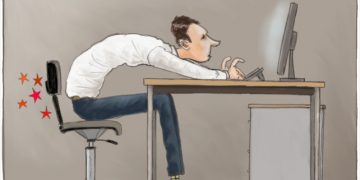











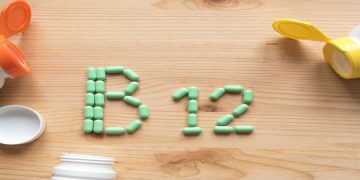



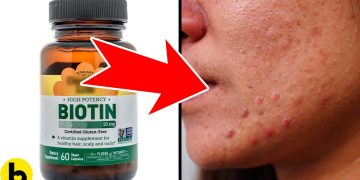



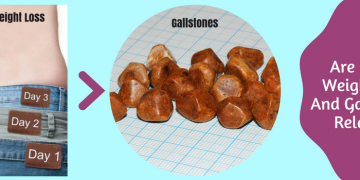





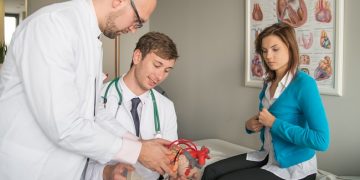



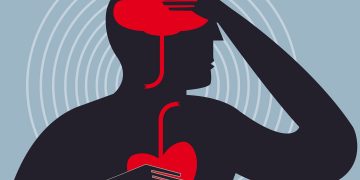
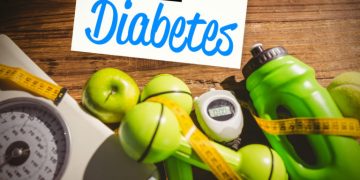
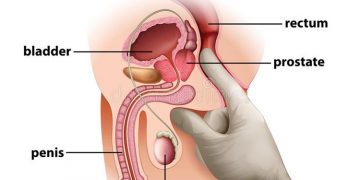

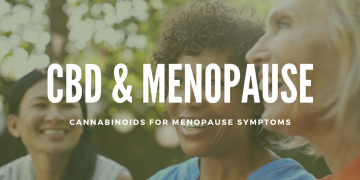

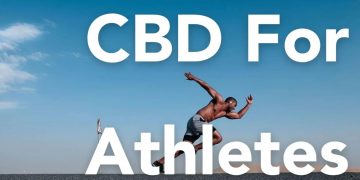




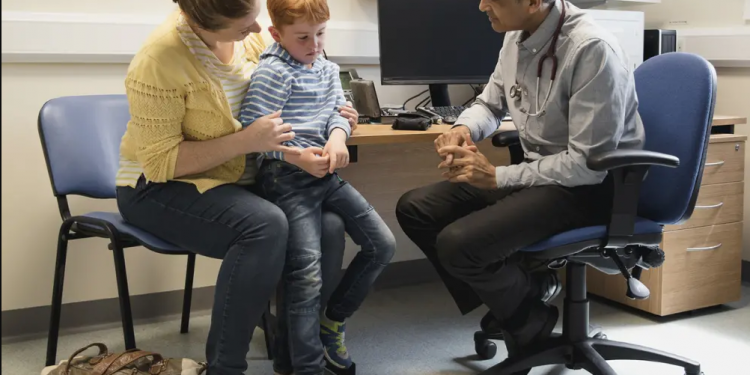





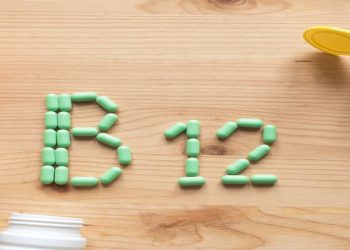




Discussion about this post